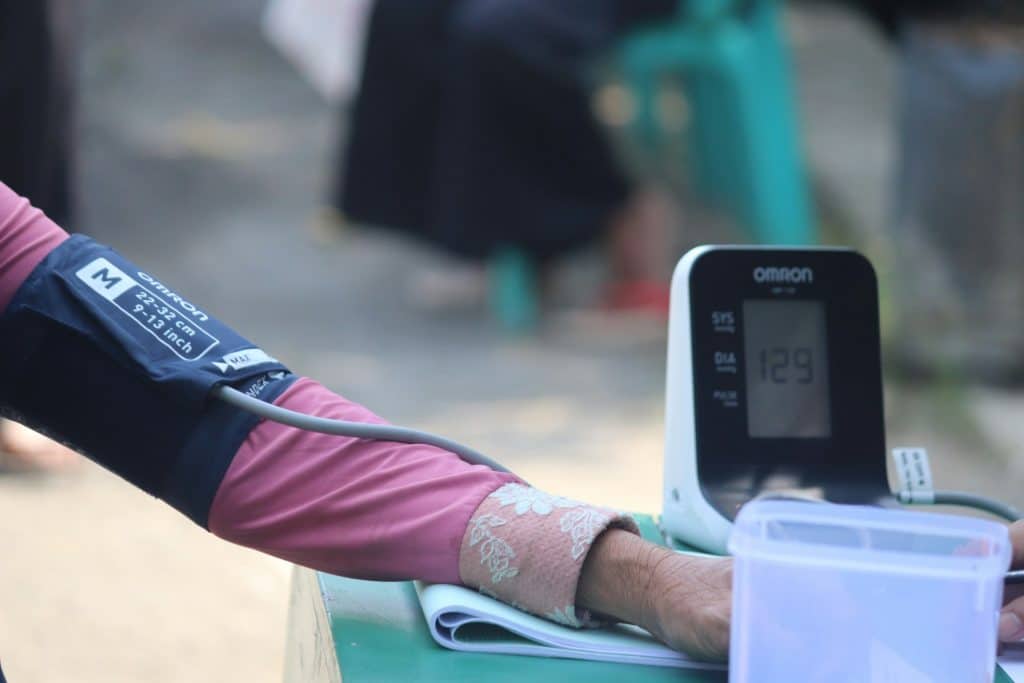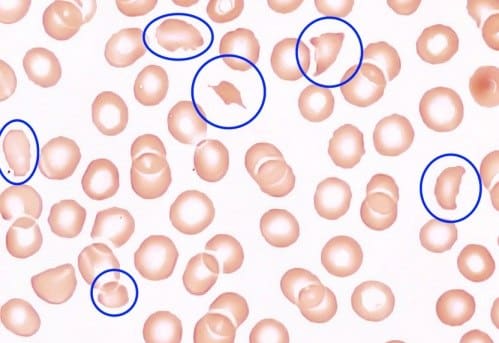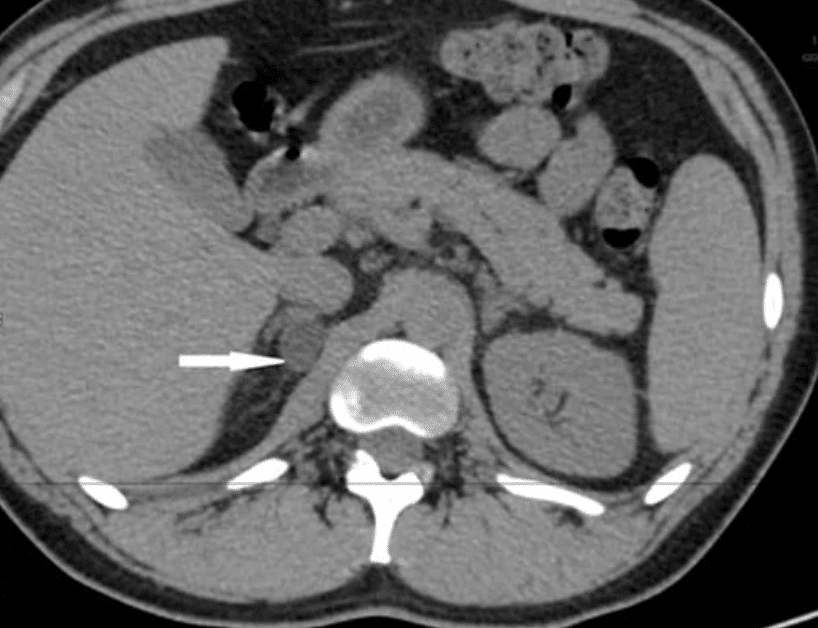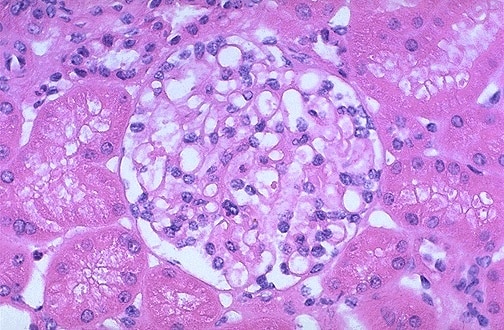What is the recommended route for lowering blood pressure in a hypertensive emergency
Intravenous medications are recommended over oral therapy
Intravenous medications are preferred in hypertensive emergencies because of their rapid onset of action and ability to be closely monitored and adjusted by healthcare providers. This route allows for more precise control of blood pressure levels in critical situations.
Describe why administering diuretic therapy orally is not suitable for treating hypertensive emergencies.
Oral therapy, like diuretics, is discouraged; intravenous vasodilators, adrenergic blockers, and calcium channel blockers are preferred.
Administering diuretic therapy orally for hypertensive emergencies is not ideal because of the slow onset of action. Intravenous medications act faster and allow for better control of blood pressure in critical situations. Diuretics may not provide the rapid reduction in blood pressure needed in emergencies.
Do patients with chronic hypertension have different BP management needs compared to previously normotensive patients during surgery
Yes, patients with chronic hypertension can typically tolerate a higher BP in the short term.
Patients with chronic hypertension often have adaptations that allow them to tolerate higher blood pressure levels. This is because of long-term exposure to elevated pressures, which can alter the body’s regulatory mechanisms. During surgery, careful management is crucial to prevent complications.
Define why proceeding with surgery in a patient with hypertensive emergency is not appropriate
In a patient with hypertensive emergency, surgery can exacerbate high blood pressure, leading to serious complications like stroke or heart attack. Stabilizing blood pressure before surgery reduces these risks and ensures a safer outcome for the patient.
Do patients with mild or moderate hypertension need to defer surgery?
No, as intraoperative and postoperative hypotension are significant concerns and blood pressure typically falls by approximately 20% during anesthesia.
What factors in the perioperative period can affect the control of a patient’s hypertension?
Consider pain, bladder distension, anxiety, and possible medication withdrawal
Bladder distension can stimulate the sympathetic nervous system, raising blood pressure. Managing these factors is essential for successful hypertension control.
What can happen if β-blockers and clonidine are stopped abruptly?
Rebound hypertension.
Abruptly stopping β-blockers and clonidine can lead to rebound hypertension because of sudden withdrawal of the medications. This can cause a rapid increase in blood pressure beyond the original levels, potentially resulting in serious complications.
Management of Hypertensive Emergency Summarized:
Definition and Initial Treatment
A patient with systolic BP >180 mm Hg and/or diastolic BP >120 mm Hg with evidence of new, progressive, or worsening target organ damage is in hypertensive emergency.
-
In the first hour, reduce systolic BP by no more than 25%.
-
If stable, lower BP to 160/100 mm Hg within 2 to 6 hours.
Example: if a patient has a systolic blood pressure of greater than 180 and a diastolic bp of greater than 120, and an elevated serum creatinine indicating acute kidney injury, then the patient has a hypertensive emergency.
Next Steps:
- Delay elective surgery and urgently lower BP.
- Consider ICU admission for close monitoring.
- Avoid:
- Administering home doses of oral therapies for surgery.
- Do not use diuretic therapy like chlorthalidone before surgery.
- Avoid proceeding with surgery in a patient with hypertensive emergency.
- Other considerations in the perioperative period with respect to hypertension:
- Manage pain, bladder distension, anxiety, and medication withdrawal.
- Consider the risk of bleeding and cardiac events with severe hypertension.
Inspired by MKSAP 19
Related:
Microscopic Hematuria, Quiz With Solution by Michael Aaronson, Lincoln Nephrology and Hypertension





